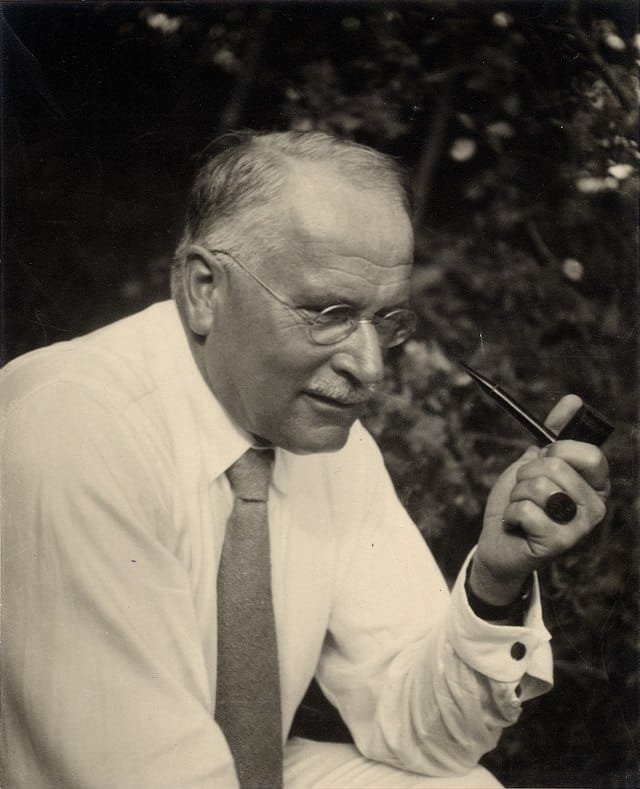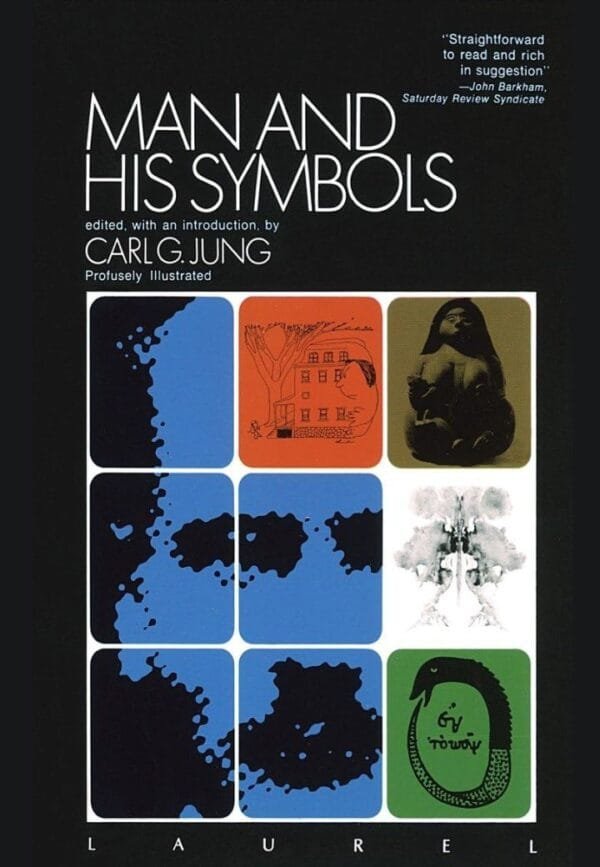
Carl Jung
Carl Gustav Jung was a Swiss psychiatrist and psychoanalyst, born on July 26, 1875, in Kesswil, Switzerland. He is best known as the founder of analytical psychology, a discipline that emphasizes the importance of the unconscious mind and its influence on behavior. Jung’s early life was shaped by a religious upbringing; his father was a village pastor, which provided him with unique insights into spirituality and human behavior.
Jung studied medicine at the University of Basel and later worked at the Burghölzli Psychiatric Hospital in Zurich under the guidance of Eugen Bleuler. He became interested in Sigmund Freud’s work and collaborated with him for several years, helping to popularize psychoanalysis. However, their differing views on the nature of the unconscious and the role of sexuality in neuroses led to a significant rift in their relationship around 1913. Jung developed key concepts such as introversion and extraversion, archetypes, and the collective unconscious, which have had a lasting impact on psychology and related fields.
Throughout his career, Jung published numerous influential works, including Psychological Types (1921), Modern Man in Search of a Soul (1933), and Man and His Symbols (1964), which he co-authored. His ideas have extended beyond psychology into areas such as religion, art, and literature. Jung passed away on June 6, 1961, in Küsnacht, Switzerland, leaving behind a rich legacy that continues to influence contemporary thought and practice in psychology.
- Analytical Psychology
- Male
- 1


